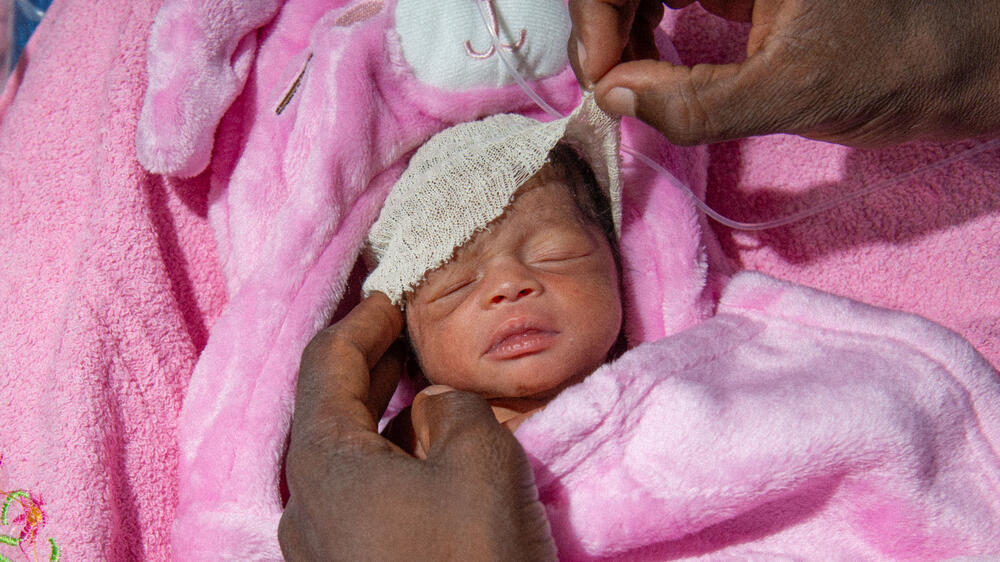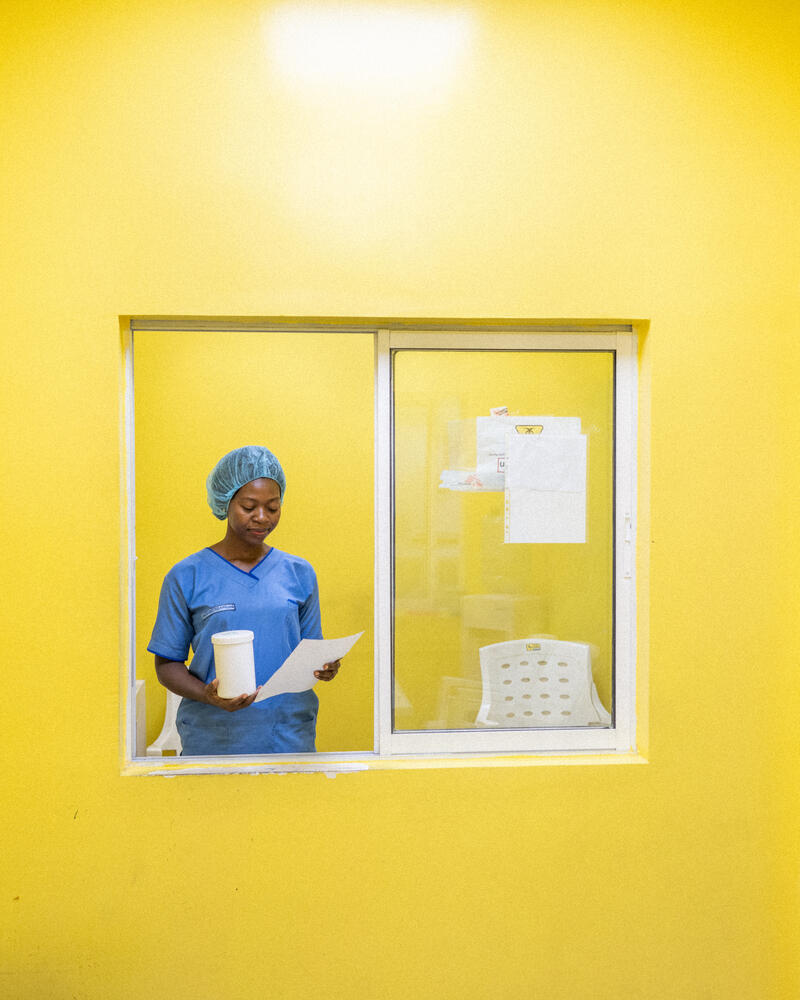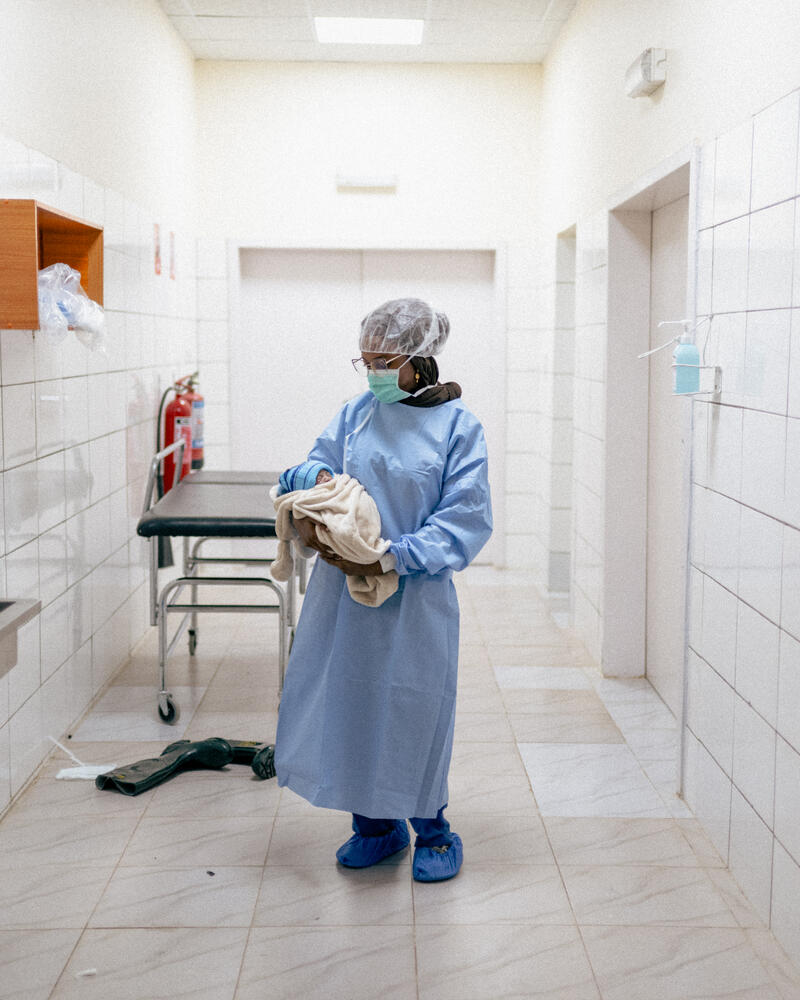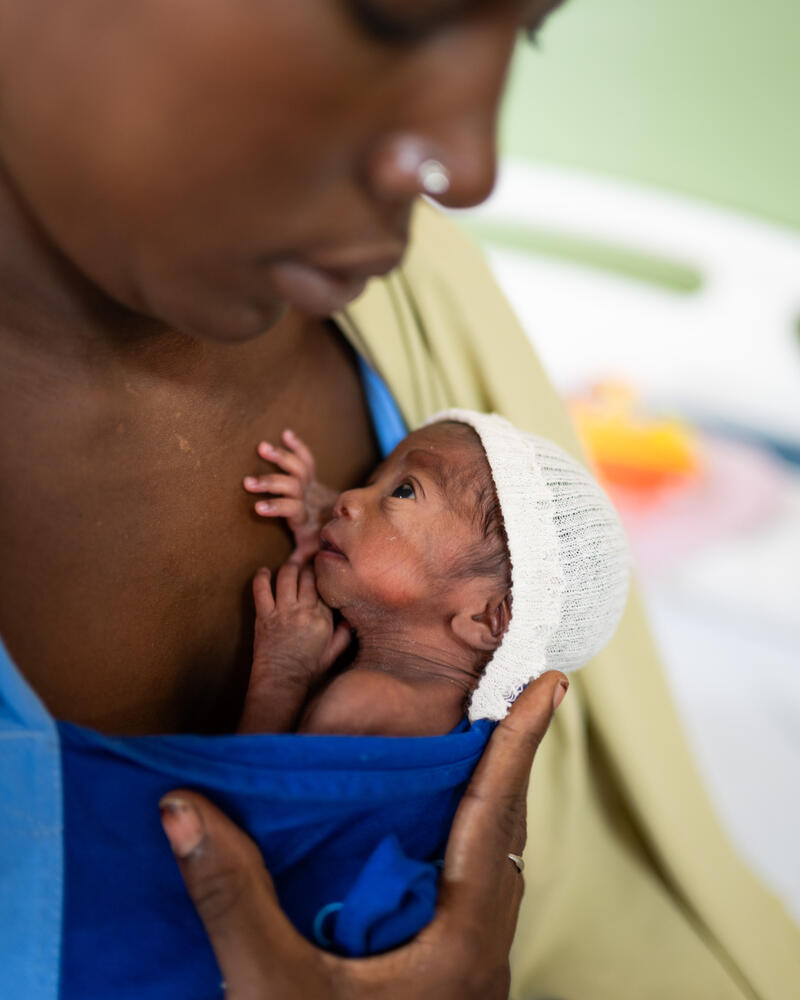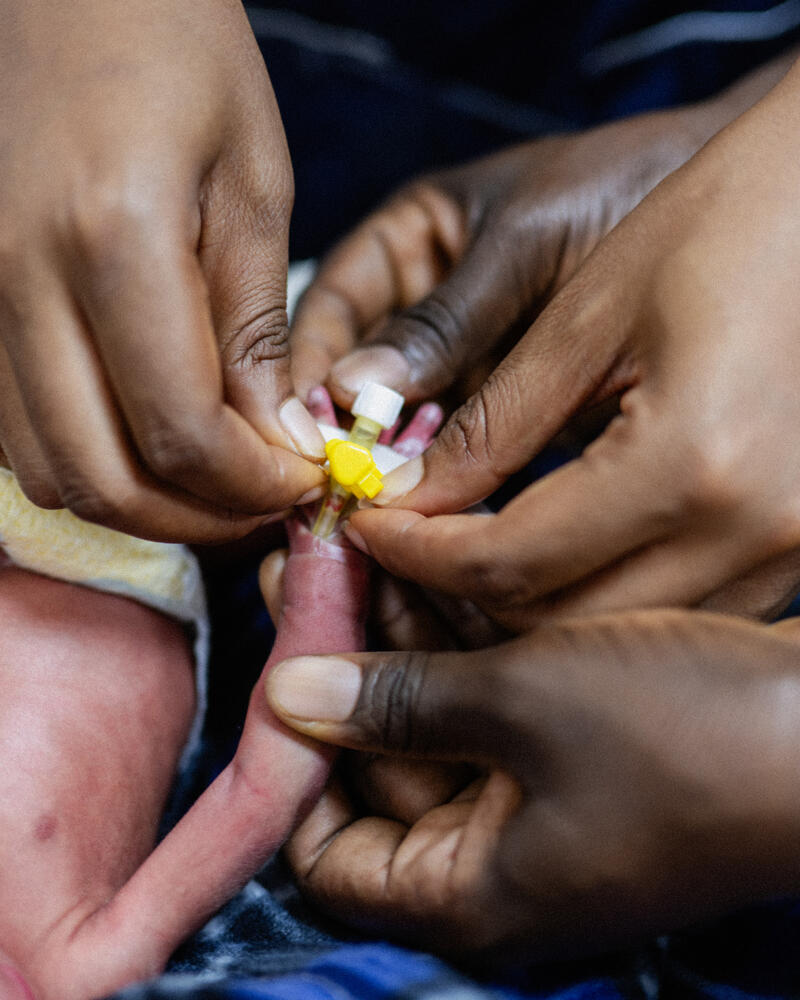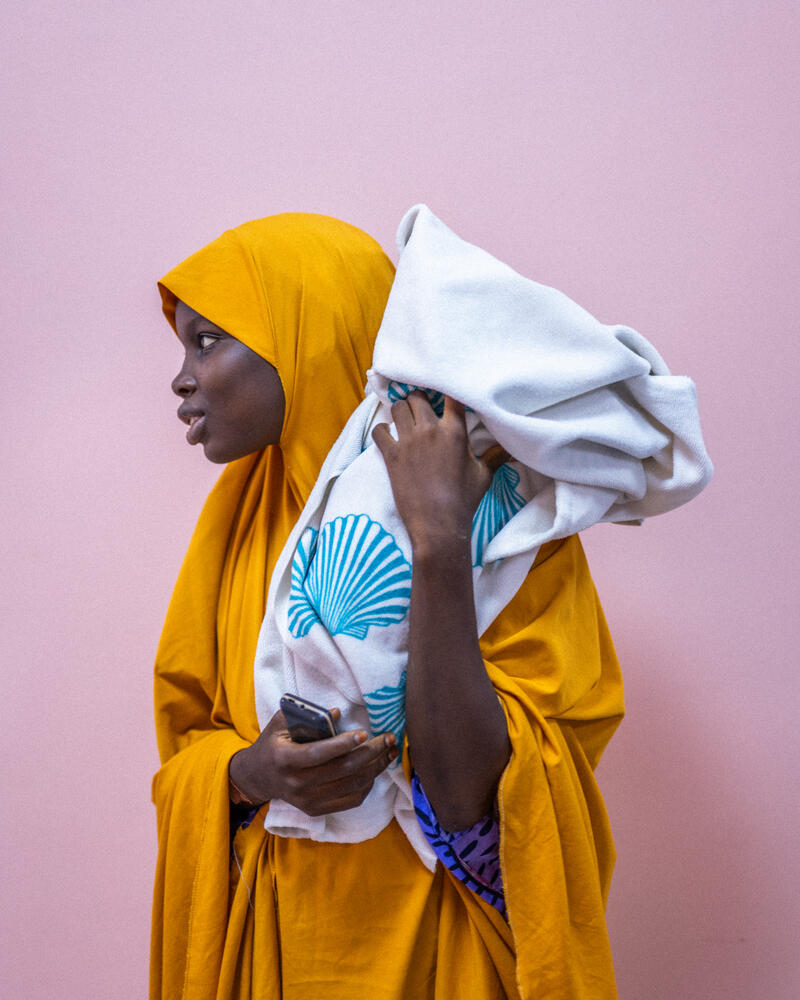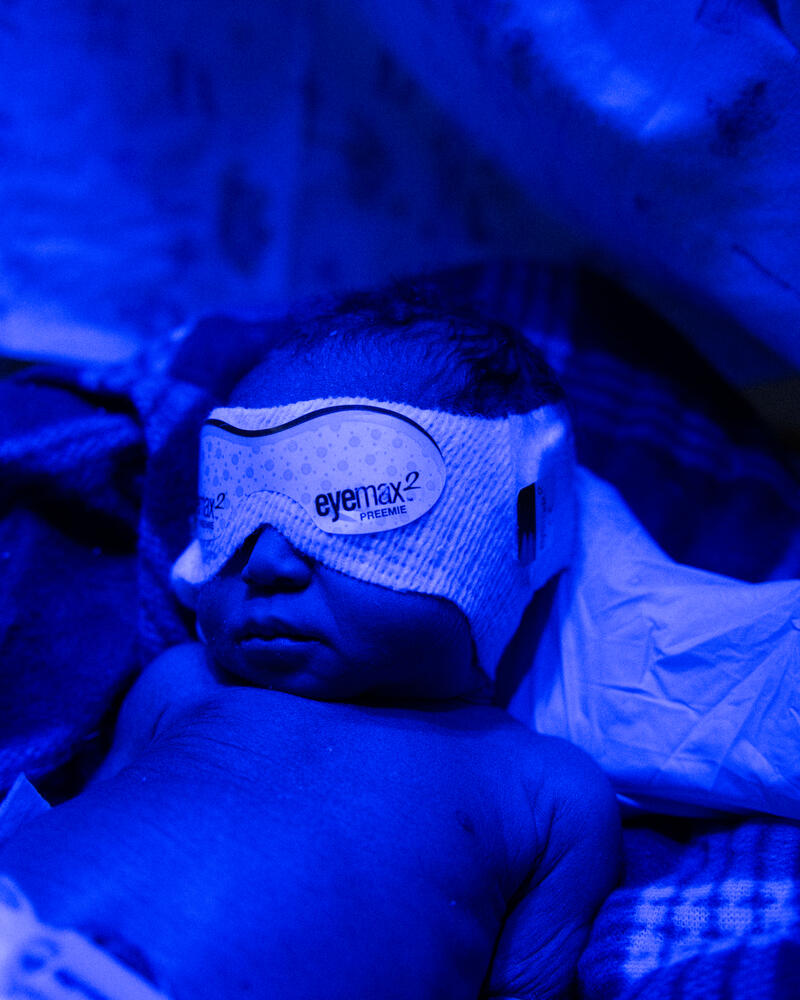Inside the specialist unit caring for Nigeria's premature babies
In Nigeria, the mortality rate for premature births is seven times higher than in Western Europe. In the city of Maiduguri, MSF supports a network of maternity facilities including a newly opened unit dedicated to comprehensive and emergency newborn care.
This new facility at the Nilefa Keji Hospital has been integrated into the public healthcare system, with MSF teams training Ministry of Health staff in expert care for premature babies.
So far, there have been 58 premature babies cared for in the neonatal intensive care unit (NICU) since the facility opened in June this year in northeast Nigeria.
Early birth can pose serious health risks to a newborn baby as many organs are still growing and developing in the final weeks of pregnancy.
Babies born preterm may therefore have more direct health problems and often need to stay in the hospital longer, including in NICUs. The earlier a baby is born, the more likely they are to have health problems.
Alima Mustafa
Alima Mustafa holds her sister’s baby girl in a 'kangaroo pouch', giving her extended skin-to-skin contact to improve her chance of survival.
The baby was just 1.15kg when she was born prematurely at 29 weeks and has just been discharged from the NICU.
Sadly, Alima’s sister died a day after giving birth which is why Alima is providing care to her niece instead.
Thanks to the medical care provided at the MSF-built facility, the little baby has been carefully nursed and her vital signs such as oxygen levels have been monitored round the clock.
After spending the first two weeks of her life in intensive care, she has now been discharged to the step-down unit where she is being nurtured in a kangaroo pouch. This technique warms the babies, helps maintain their emotional balance, reduces newborn illnesses, and improves their chances of survival.
Maimuna Adam
Maimuna Adam gave birth at just 32 weeks. Her baby weighed less than two kilograms and is also being looked after in intensive care.
The facility opened in the summer and so is still in its early phase, meaning that there are just 20 adult beds and ten neonatal beds.
Despite this, in early October there were 13 babies in the NICU, and additional space was made to accommodate the extra babies, many of which were premature.
One in 10 children in the world is born preterm and complications linked to prematurity are the leading cause of mortality among neonates (babies in their first month of life) and among children under five.
The toll disproportionally affects children in low-income countries.
However, most of those deaths can be prevented if basic medical services were available during and after pregnancy. Services and interventions such as improved childbirth practices and immediate care, kangaroo care, feeding support, and breastfeeding, can ultimately save lives.
This is where MSF teams are making a difference, both in the healthcare facilities where we run and support, and in the sexual and reproductive care services we provide.
This new facility in Maiduguri opened with 30 beds and we plan for it to be at full capacity with 92 beds in 2025. That's 92 newborn babies, receiving life-saving medical care when they need it most.
MSF in Nigeria
Médecins Sans Frontières/Doctors Without Borders (MSF) has been responding to disease outbreaks and emergency health needs in Nigeria for many years, focusing on maternal and paediatric healthcare throughout the country.
